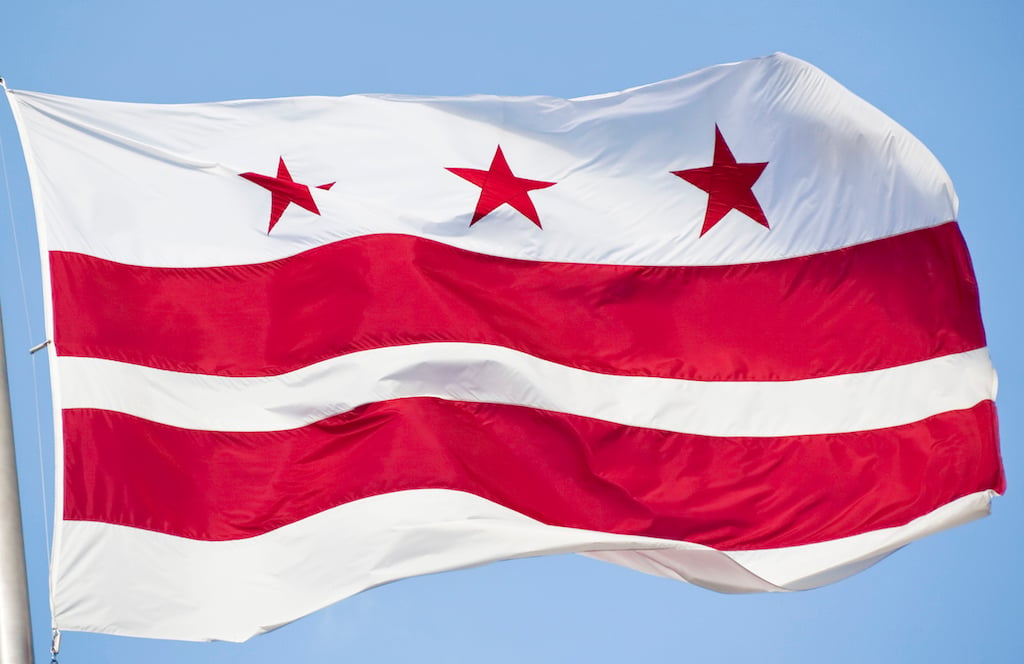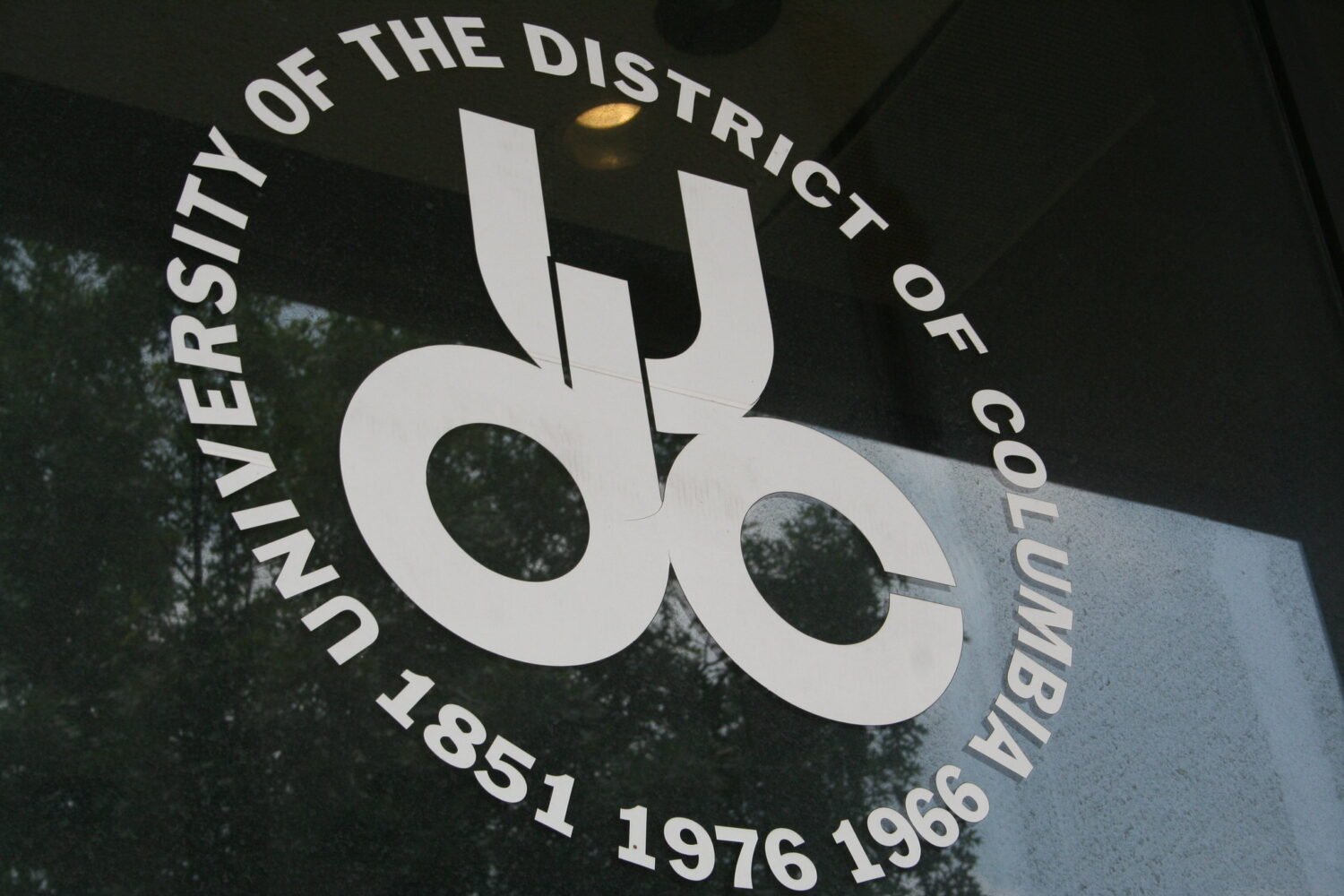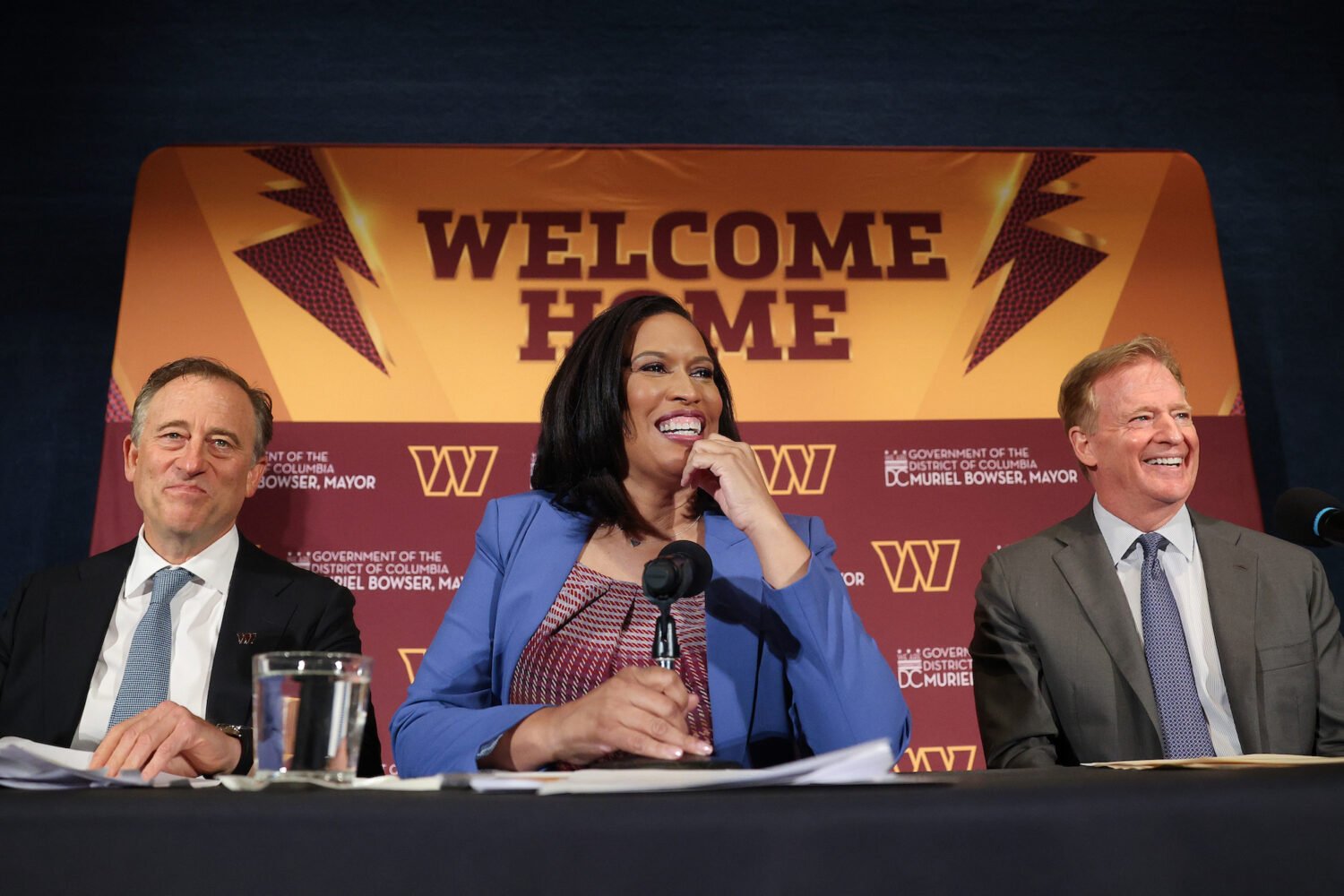On a Wednesday afternoon in early December, about two dozen people met in the Wilson Building for a discussion of how the District of Columbia could become more like Tennessee. The New Columbia Statehood Commission is staking its hopes on the same scheme the Volunteer State and six others, most recently Alaska, used to secure their stars on the flag. By this reasoning, DC is only three steps away from full voting rights.
Mayor Muriel Bowser announced on Emancipation Day 2015 that the District would follow the “Tennessee Plan,” of which only three steps remain: getting a majority of the House of Representatives to vote for DC statehood, followed by the Senate, and topped off with the president’s signature. It’s an ambitious project when Republicans control all three of those bodies, and most view the enfranchisement of 681,000 US residents as “more votes in the Democratic party,” as John Kasich put it.
“My theory is, once we get statehood, we would never see the crap going on in Congress that we do now,” says Nancy Shia, a resident for 46 years and longtime supporter of statehood who sat in the front row at the meeting. Shia was among the mostly older statehood supporters who made their way to the meeting; commission members Bowser, DC Council Chairman Phil Mendelson, and the three members of the city’s shadow delegation were also there.
A world in which DC has two voting senators is probably one where Hillary Clinton was elected president, but it’s also likely one where John McCain never has his hero moment on the Senate floor to vote against the “skinny repeal” of the Affordable Care Act, and politicians that Washingtonians voted in would at least get to voice their displeasure at being used by representatives from other states to score political points on issues like abortion, drug policy, and gun control.
Beverly Perry, the senior adviser to the mayor who’s heading up her office’s statehood efforts, doesn’t like to talk about it that way. “I don’t take it for granted that our two senators would be Democrats,” she says. (90 percent of DC voters went for Clinton in 2016.)
Perry points out that Jack Kemp, a former Republican Congressman from New York, was a big time statehood supporter. “I don’t see Republicans as opposed” to statehood, Perry says. “I see Republicans as people who need to be educated on the issue. It’s a civil rights issue.”
For now, the commission’s game plan includes a war room, interactive kiosks that look a lot like Wall*E’s love interest EVE, and those shadow senators.
The war room will target ten states in particular: Washington, Alaska, Arizona, New Mexico, Illinois, Indiana, South Carolina, Georgia, Maine, and New Hampshire, chosen after a “major assessment,” per Perry. Two full-time staffers will work on social media, “reaching out to stakeholders in those states,” Perry says.
Then there are the kiosks, which are designed to target some of DC’s 20 million annual visitors. The sleek-looking machines will be in the Convention Center (they’re also trying to get them in local airports and Union Station) to teach tourists about the statehood effort and give them the option to contact their representatives about it.
The office has been meeting with vendors to hammer out the machines’ details. “We’re carving out new turf,” Perry said. “It’s taking more time than anticipated.”
Then there’s the “51 Stars” public service announcement campaign, a pet project of DC Shadow Senator Paul Strauss. The ads, budgeted for $25,000 this year with shadow delegation funds, feature celebs like Better Call Saul star Jonathan Banks and boxer Jessie Vargas standing next to Strauss, advocating for statehood. He says that a new ad with comedian and DC native Dave Chappelle is in post-production and is “totally scalable.”
But Strauss isn’t just appearing on TV screens. He announced at the meeting that he’s “honored and humbled” to be named an honorary member of the Global Committee of the Rule of Law, joining a group that includes a member of Tibet’s parliament in exile and the leader of the Cambodian opposition. He passed around the invitation, handwritten in script and closed with a red wax seal.
“We are very honored you accepted,” replied Laura Harth, a representative of the committee visiting DC from Rome who attended the meeting. “I think your cause is a very noble one.”
Strauss and DC’s other shadow senator, Michael D. Brown, have been traversing the globe on behalf of statehood. They’ve visited the Scottish Parliament and the International Human Rights Conference in Rome, with a trip to Portugal in the works.
The senators say they get a warmer reception abroad than they do on Capitol Hill, where Brown says he feels like “I’m hunting a bear with a rock.” His opening statement comprised a litany of entities making him angry: Congress, the Washington Post for treating statehood as a “passing curiosity,” neighbors “who don’t show up,” and the system that “doesn’t allow us to do our job,” for starters.
Anise Jenkins, executive director of statehood group Stand Up! For Democracy In DC, said that the allocated to statehood efforts was insufficient—the council allocates about $257,000 to the shadow delegation, and this year, directed $952,000 towards statehood activities under Perry’s office, which’ll fund the kiosks and the war room. There’s also $200,000 that the Office of the Secretary can award this year to groups that “promote voting rights and statehood.”
“We need to put more money into this effort if we’re really, truly serious about it,” Jenkins said.
David Schwartzman, another longtime statehood advocate, said that the only way to achieve statehood would be to address “the crisis of everyday living in DC,” like the city’s wide disparities in health outcomes and income inequality. Why? Because people struggling to get by don’t have time to march for statehood.
For John Cheeks, the executive director of United States Citizens Recovery Initiative Alliance Inc. “statehood is okay, but we need reparations for descendants of US slaves…. The District was built off the backs of my ancestors.”
Nelson Rimensnyder, a local historian and member of the DC Republican Party who has lost elections for DC’s shadow delegation, wants the city’s residents to stop paying federal income taxes.
He began his public comment by asking, “How many registered Republicans do we have in the room?”
He was greeted by crickets. “Well,” he said, “That’s part of the problem.”


















